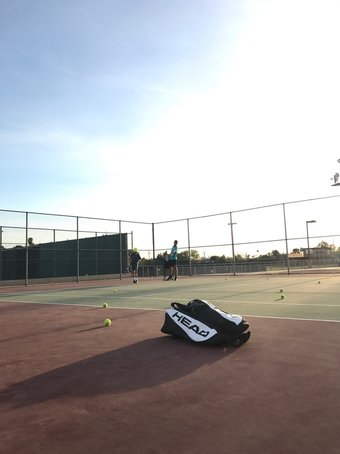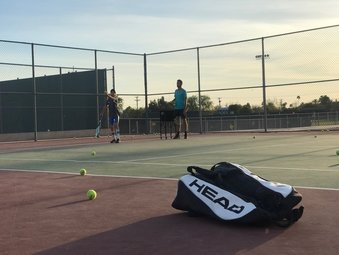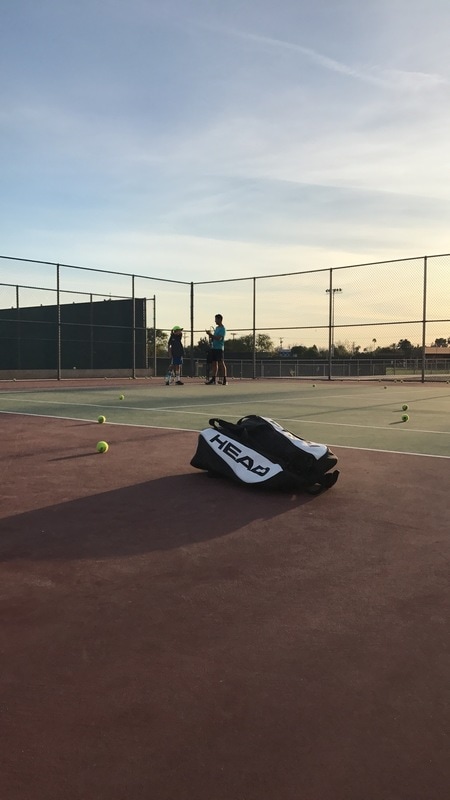|
From a spectator's view, tennis seems such a simple sport: Ball comes to you; hit it over the net. From the sidelines, it's easy to misunderstand—or question—what's happening on the court. Why didn't Johnny hit the ball in? How could Sarah miss that seemingly easy shot? Why couldn't Max move faster to get to that ball? My kid is far better than that other player, so why did she lose? It's really easy to coach for what has just happened. But, hindsight is what sports commentators get paid to do. Not coaches.
Contrary to what it seems, tennis is quite a complex sport. Technically, you have to learn a variety of shots, each with a number of nuances, such as spins. After that, you have to learn how to position shots (direction and distance), manage the pace, and control movement (the ball's, your opponent's, and your own) to allow yourself the best opportunity to win points. Then, there's strategy. Generally, what is your game plan to leverage your strengths and expose your opponent's weaknesses? Now, successfully do all of this with a complicated scoring system, in which you could lose the match even if you actually win more points! Given the complexity of the sport, coaches cannot get lost in the Land of Hindsight. If you focus on the fundamentals needed to be successful, the noise created by hindsight is easy to filter out. It's the coach's role to build the biomechanics of all the strokes, teach tactics and match strategy, bolster mental conditioning, and inspire the kids to be the best players they can. So what is the parents' role? I believe the parents have the hardest job. It's not easy to see your child make a mistake or lose a match he or she should have won, and not get caught up in the technical and tactical things. But, if a parent is busy talking tactics and shot errors, who's providing the emotional support for the player? Love and encouragement resonate a lot more than analysis of double faults or missed shots. Everyone has an important role to play in the development of an aspiring player—player, coaches, and parents. Kel and I work hard to handle all of the duties that come with wearing the "coach" hat. When mom and dad wear the "supportive parent" hat, together we can provide all the support a player could need. Finally, when the player embraces his or her role—appreciate the coaching and parental support, work hard, and have fun—we have a winning formula. You never stop learning in this sport. There is always something to correct, change, or improve (Roger Federer even has a coach, right?). I love this sport for all the challenges it brings, both on and off the court. Thanks for reading.
0 Comments
Your comment will be posted after it is approved.
Leave a Reply. |
Matt's PointMatt's Point (get it? Match Point!) is Matt's blog covering all the goings-on at IJP Tennis. Archives
July 2024
Categories |




 RSS Feed
RSS Feed